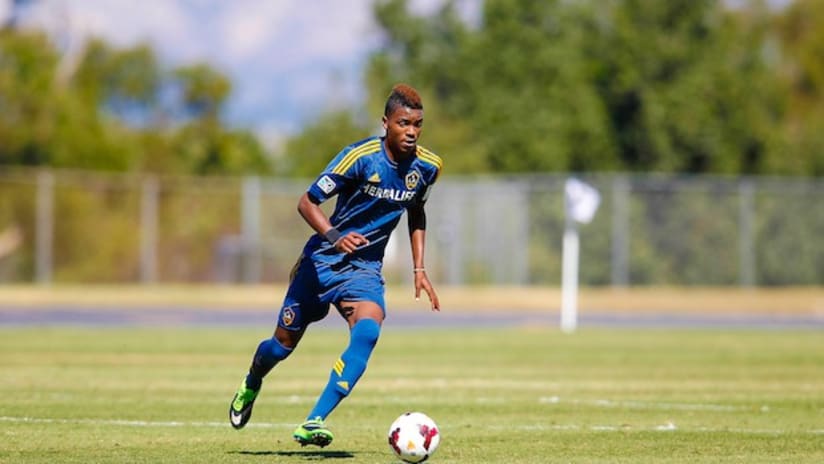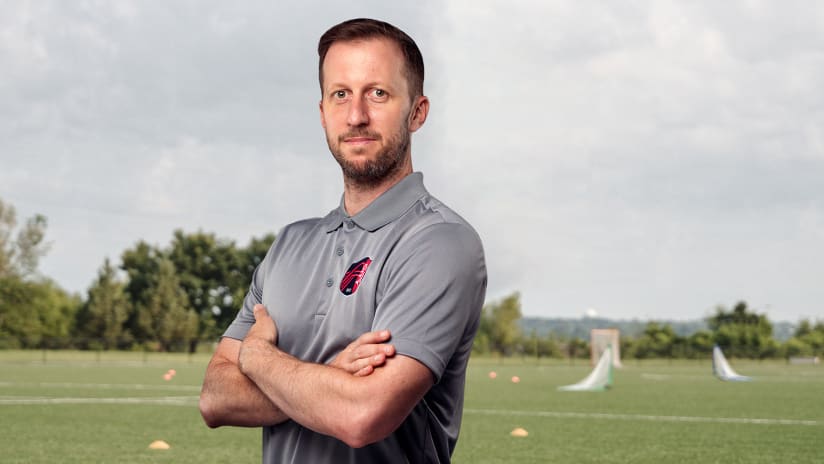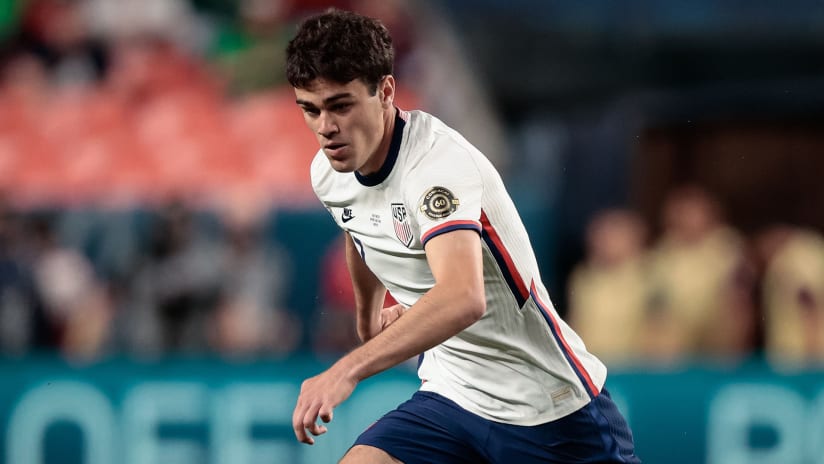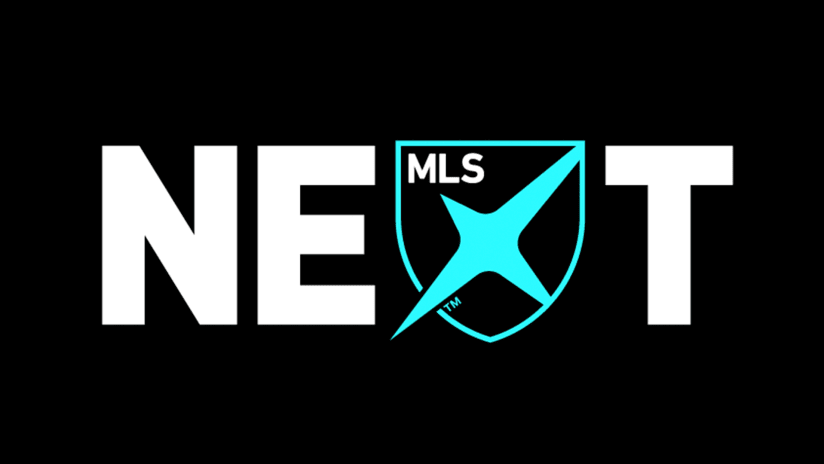CARSON, Calif. – The LA Galaxy are thrilled with what they've achieved in the first year of their “Los Dos” project, but they know it will take a few years to fully grasp how establishing a true reserve team -- the first MLS club to do so -- is helping them become a superior organization.
LA Galaxy II went 15-7-6 and reached the semifinals during their initial season in third-division USL PRO, not that on-field success is the chief priority. It means something, of course, but the real purpose is to develop players for the first team. What pleases the Galaxy organization the most are the advances made by players like Bradford Jamieson IV, fellow midfielder Raul Mendiola and second-year striker Charlie Rugg.
“We don't think winning is that critical, even though we're winning,” said head coach/general manager Bruce Arena. “But we don't think it's that critical, as much as we're developing our young players, our academy players getting an opportunity to move forward, and if [those things are happening], that's a positive. If they're not good enough now to move to the first team, then we've got to try to rethink a few things, but for year one, it's been pretty good. We just hope to make it better.”
The Galaxy have a head start on everybody else, and the rest of MLS is lining up to join them. The Seattle Sounders, Real Salt Lake, Portland Timbers, Vancouver Whitecaps and Montreal Impact have indicated they will start USL PRO teams next year -- only Montreal is official -- and most others have affiliations with existing third-division teams. Several MLS clubs have contacted LA for insight.
“The first thing I tell them is the business model is up to the market, where you do it,” said club president Chris Klein, a former MLS midfielder. “From the technical side, it's a slam dunk. I tell them that if you have an owner that will support it, you have to do it.”
It's the first real step in MLS to fully integrated clubs -- Klein calls it “one of the most significant things we've ever done in our club, in terms of how we're developing the future of the club” -- meant to bridge the gaps between the youth academy and the first team. As the first to implement a separate USL PRO team, LA continue to work through logistical issues as they try to better incorporate their Academy players into the mix.
“That aspect is something we've got to continually get better with,” Galaxy II head coach Curt Onalfo said, “so that we can get our U-18 players more training opportunities, more opportunities with Galaxy II, which helps with their development and makes for even more of a natural fit for them to come with us when they're ready.”
Seven academy products saw playing time with Galaxy II this season – Jamieson, Mendiola, fellow Homegrown Players Jack McBean, Oscar Sorto and (after his end-of-July return from Cruz Azul) Jose Villarreal, all on loan from the Galaxy first team, plus Jaime Villarreal (Jose's brother) and Elijah Martin – most of them getting significant minutes.
“The goal is: Can that produce a couple of players that will be able to play for the first team?” Arena said. “That remains to be seen, but you look at a kid like Bradford Jamieson, it's done him a world of good. Mendiola, I would say the same. Those are two examples of Galaxy II really benefiting us, and I think there's going to be more. We just have to see.”
It's also designed to provide playing time for players at the bottom end of the first-team roster -- such as Rugg, midfielder Rafael Garcia, backup goalkeepers Brian Rowe and Brian Perk, as well as all-USL PRO forward Chandler Hoffman and midfielder Kenney Walker, who went back and forth between I and II -- and a place for players returning from injury, from Marcelo Sarvas and Todd Dunivant to Robbie Rogers and Gyasi Zardes, to build their minutes.
- Get more LA news at LAGalaxy.com
“Learning myself, my own playing style and what I need to do as a player has probably been the best and most important thing for me,” said Rugg, who scored 11 goals for Los Dos, including a pair in last weekend's 3-2 semifinal loss to Sacramento Republic. “And more confidence. I started a couple [first-team] games last year, and I feel like I'm twice the player I was then.”
Said Garcia, the Galaxy II captain: “What I got out of it the most: being confident in my game and knowing that at any time, if I'm needed here, I can step in and do my job properly. That, for me, has been huge.”
When the MLS season is over, the technical staff will conduct a thorough review.
“I don't think you can make a conclusion after one year,” Arena said, “But the more we see as positives, we're a year ahead of everyone in terms of understanding how to implement it in our organization and with the first team and knowing where we have to go. I think we've learned a lot this year.”













